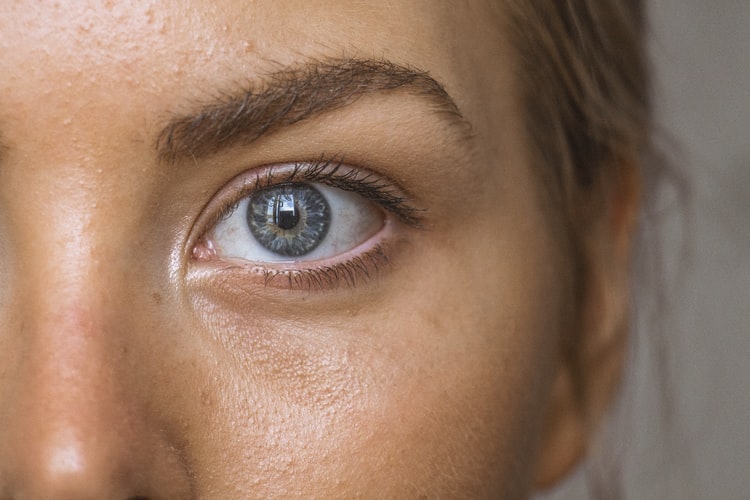For the first time, researchers from the University of Córdoba and the University of Dundee have figured out not only how CBD unleashed its antioxidant properties but also created an enhanced CBD molecule that can help fight skin disease.
Scientific studies had previously shown that CBD can protect skin cells against damaging free radicals – highly reactive molecules that can damage proteins, DNA, and other parts of the cell. Over time, this damage can lead to skin disease, aging, and even cancer.
When acting on skin cells, CBD has natural antioxidant properties which can help neutralize these damaging free radicals. This therapeutic potential has made it a common skincare ingredient.
However, despite its popularity, how CBD triggered these antioxidant effects were never solved. For immunology professor, Eduardo Muñoz, piecing together this puzzle was the first step needed in figuring out how CBD could be better used to fight against skin disease.
SOLVING CBD’S ANTIOXIDANT POWERS
By examining how human skin cells responded to the presence of CBD under laboratory conditions, Muñoz’s team demonstrated for the first time that CBD helped skin cells fight against damaging free radicals by encouraging them to produce HMOX1 – an important protein with beneficial antioxidant and anti-inflammatory properties.
Part of this process occurs through suppressing a protein called BACH1. When CBD isn’t present, BACH1 slows the production of HMOX1.
Using mice, Muñoz showed that topical CBD not only helped skin cells increase their production of HMOX1 but also other proteins used in wound repair.
But beyond just preventing BACH1 from slowing down HMOX1, Muñoz wanted to see if they could modify CBD to help it boost HMOX1 production even more to provide even more antioxidant protection for skin cells.
IMPROVING THE ANTIOXIDANT PROPERTIES OF CBD
To find out whether modifying CBD could help enhance the molecule’s antioxidant properties, the research team tested a library of different synthetic CBD compounds on laboratory-grown skin cells.
The test revealed one CBD-derived molecule with “double” antioxidant properties.
In addition to preventing BACH1 from slowing down HMOX1 production, the modified CBD molecule also activated a new protein – NRF2 – which helped further boost HMOX1 production.
To check the therapeutic benefits of the new molecule, the research team tested if it could protect their laboratory-grown skin cells from artificial toxins. In the experiment, over 50% of healthy cells died after exposure to the toxin after 15 hours. But when the modified-CBD was added, less than 20% did.
While additional tests are still needed, the research team said the modified-CBD could open treatment options for a wide variety of skin diseases – from common disorders such as dermatitis to rare diseases like epidermolysis bullosa.
The exciting potential has also recruited new collaborators onto the team, including Emerald Health Biotechnology and Innohealth – both of which specialize in cannabis-based pharmaceutical development and dermo-cosmetics.
While there’s still much more work to be done, Muñoz said the team will continue improving on the CBD molecule so it can someday help treat skin and other inflammatory diseases.


